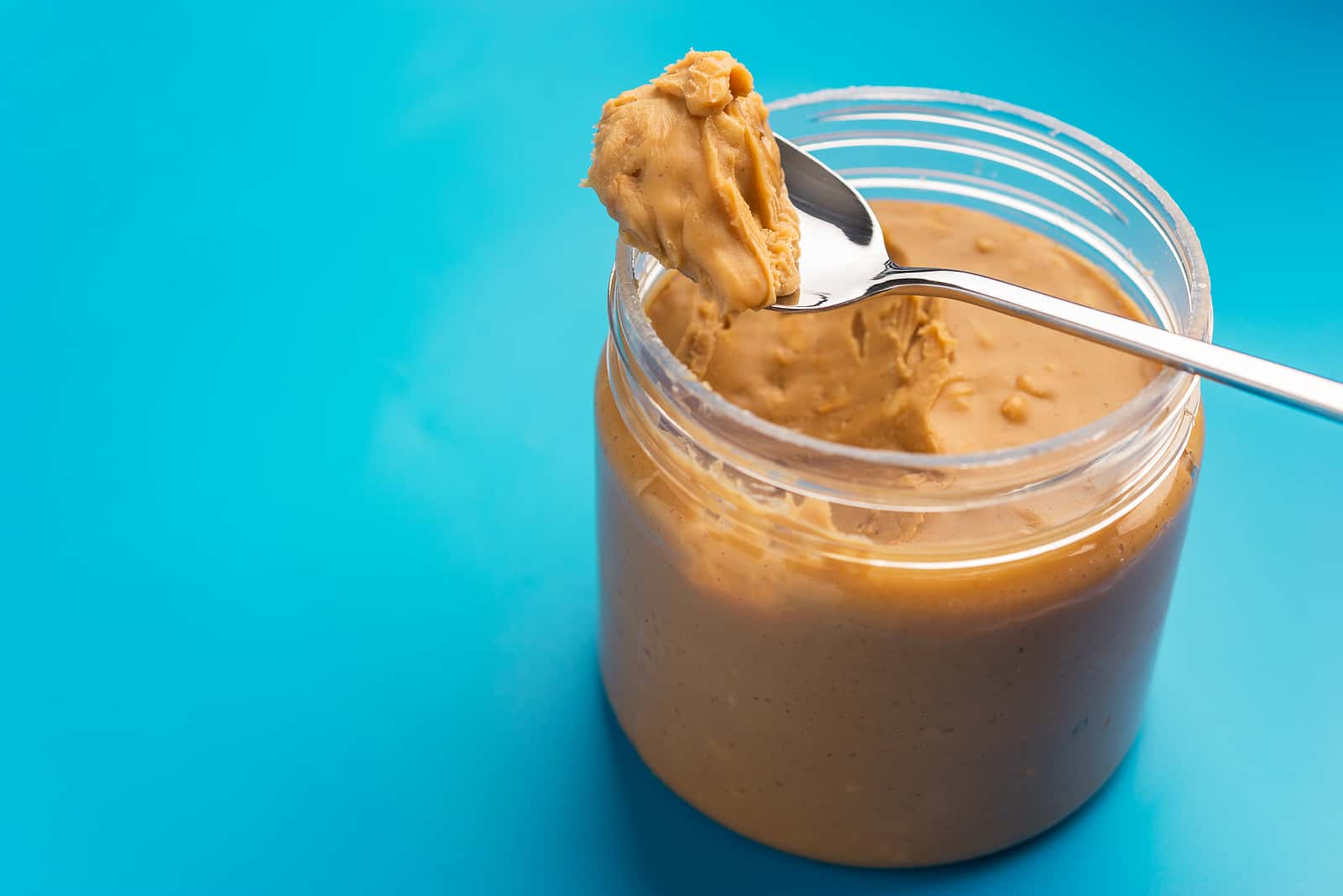
Doctors have a special term for hiccups–singultus. Involuntary contractions of the diaphragm forces air out of the lungs. When this happens, the diaphragm pulls the glottis in the voice box closed and creates the familiar sound called a hiccup. Hiccups are common and extremely noticeable. Consequently, it’s no wonder that people have tried dozens if not scores of home remedies to cure hiccups. What is your favorite?
Can You Swallow Peanut Butter to Cure Hiccups?
Q. I enjoyed reading about drinking water in a special way to cure hiccups. Naturally, as a child I learned this also.
I would like to offer an even more helpful remedy: peanut butter! A spoonful of peanut butter has never failed for me. We learned of this several years ago and it works.
A. We have been collecting hiccup remedies for nearly 50 years. Peanut butter is a popular one. However, we have been scolded about the dangers of swallowing a spoonful of peanut butter.
One reader reported losing a friend who choked to death while eating two tablespoons of peanut butter.
Other readers have also shared similar stories:
“I recently lost someone in my family who swallowed two spoonfuls of peanut butter. She died in minutes after choking. Not even the paramedics could do anything. I did some research and found out this is not uncommon, so peanut butter is now forbidden in my kitchen.”
One young woman decided merely to sniff the peanut butter. She uses that approach to cure hiccups without any chance of choking.
Heimlich Maneuver Averted Peanut Butter Disaster:
Q. You have written that eating a spoonful of peanut butter could be used to cure hiccups. I want you to know that remedy could be extremely dangerous.
A few years back my husband almost choked on a tablespoon of peanut butter. Luckily, a friend with us administered the Heimlich maneuver, something I would have had difficulty doing for him. Please warn people not to eat peanut butter.
A. We are certainly glad you’re friend saved your husband from choking. We’re afraid banning peanut butter altogether would create a tidal wave of discontent. However, you are not the first person to warn about the dangers of swallowing a tablespoonful of peanut butter.
Those who want to reduce the risk of choking might put their peanut butter on bread, celery or fruit and take small bites. Adding jelly might also lower the risk.
Other Hiccup Remedies:
If you too have banned peanut butter from your home, you still have something available that you could use to cure hiccups.
Granulated Sugar:
Helen wrote:
“I’ve been using a teaspoon of sugar to cure hiccups since I was a very young child. It was my grandmother’s and my mother’s favorite remedy. I still use it today with great success and I’m in my late 70’s.”
Unlike peanut butter, we have never heard of someone choking on a spoonful of plain white sugar. This remedy was actually written up in a medical journal, The New England Journal of Medicine, decades ago. To stop hiccups, a person swallows a teaspoon of sugar. Many readers tell us that this stops hiccups immediately and the benefit often lasts for hours.
Lemon, Lime, Vinegar and Olive:
Many other strong flavors have been enlisted to cure hiccups. Bartenders have been known to offer hiccuping customers a wedge of lemon with a squirt of bitters. Some readers are adamant that chocolate, especially dark chocolate, can stop hiccups quickly. Others prefer savory remedies, such as dill pickle juice or green olives. Pineapple juice is an unorthodox favorite as well. The strong flavor of vinegar can also make a person stop hiccupping.
Here is one reader’s testimony:
“I have been using vinegar as a remedy for hiccups for over 20 years. I know of no instance when a teaspoon of vinegar did not eliminate even the most stubborn case of hiccups. Usually I use white vinegar, but I have used balsamic and rice vinegar with success. I believe this answers the question of why green olives cure hiccups. It is not the olive but the vinegar in the brine!”
Another reader recalled:
“I’ve never read about an instant remedy for hiccups I got from a bartender years ago. He gave me a shot glass of a clear liquid and instructed me to ‘swig it, don’t sip it.’
“It gave instant results, so I asked what the liquid was. He said, ‘Pure white vinegar!’ I used it later with excellent results.”
Some people dilute the vinegar:
“For an instant hiccup remedy, mix 1 tsp. apple cider vinegar in 1/3 cup water. Only one or two sips are needed to stop hiccups every time!”
Hiccups that don’t respond to remedies and last for days deserve medical attention. Occasionally persistent hiccups are caused by a serious medical condition, such as an electrolyte imbalance (American Journal of Emergency Medicine, June 2017).
Have you tried any of these hiccup remedies? We’d be very interested in your experience. If you found this article helpful or entertaining, consider sharing it with the icons at the top of the page.
Citations
- Engleman EG et al, "Granulated sugar as treatment for hiccups in conscious patients." New England Journal of Medicine, Dec. 23, 1971.
- Gardecki J et al, "Singultus: Avoiding a hiccup in care." American Journal of Emergency Medicine, June 2017. DOI: 10.1016/j.ajem.2016.12.056

